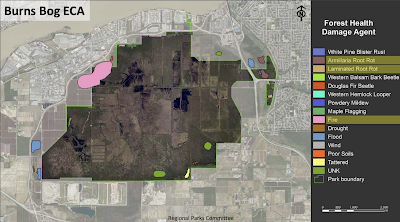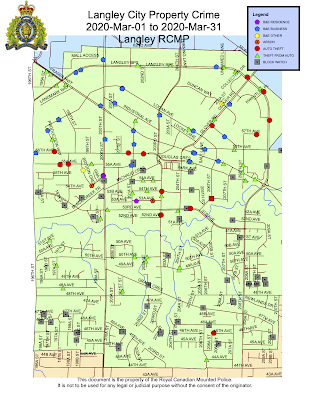When Langley City council approved our 2020 budget at the end of February, we were about to launch the much-needed Nexus investment plan for our community. This investment plan was to be funded by a $50 million loan to be paid back in five years.
For people who owned single family homes, the portion of their City-control tax bill would have increased 5.65% or on-average $179 this year. For people that owned a townhouse or condo, the portion of their City-control tax bill would have increased by 5.52% or on-average $86 this year.
This seems like an eternity ago.
The COVID-19 paramedic has caused financial instability for households, businesses, and local governments. Because of this, Langley City staff and council reviewed our 2020 budget.
Yesterday afternoon, a proposed new 2020 budget was given first and second reading.
While we still need to move forward with the Nexus investment plan, this year is not the right time. Because we still need to make investments in our community, this Nexus plan is proposed to be deferred by one year. This deferral will result in $827,665 less taxation revenue being required this year.
Council is also proposing to defer several staffing positions that were planned for this year including:
- A Community Outreach Facilitator to deal with matters around poverty, homelessness, and other social challenges in Langley City.
- A Recreation support worker to help children with disabilities participate in City recreation programming.
- A City Hall support worker to help with increased workloads.
The staff training budget was also reduced.
These deferred positions and training will result in a further $135,855 in taxation revenue no longer being required for this year.
Langley City’s capital projects are funded by around one-third from revenue received from the casino. With the casino now closed, this will impact capital projects.
Langley City has a policy of budgeting conservatively. Because of this, council is proposing to maintain this year’s capital projects minus what was part of the Nexus investment plan. Some capital projects planned for future years will need to be deferred due to the casino being closed, unless the City is able to receive extra funding from the provincial and/or federal government.
Every year, council tries to set aside taxation revenue for capital projects in future years. The proposed revised budget will see this reduced by $50,000.
Due to conservative budgeting and a reduction in funding for future capital projects, an additional $450,000 in taxation revenue is no longer required for this year. This is not sustainable, and is a one-time reduction.
The proposed new 2020 budget will see people who own single family homes have the portion of their City-control tax bill increase 2.44% or on-average $78 this year. For people who own a townhouse or condo, the portion of their City-control tax bill will increase by 2.41% or on-average $37 this year.
We are in a time like no other in the history of Langley City. The property tax increases for this year are proposed to be reduced significantly to help people get through the COVID-19 paramedic.
Investment still needs to be made, and in future years, we will have catching up to do if this proposed new 2020 budget is approved.
For more information, please visit the financial plans section of the Langley City website.

























